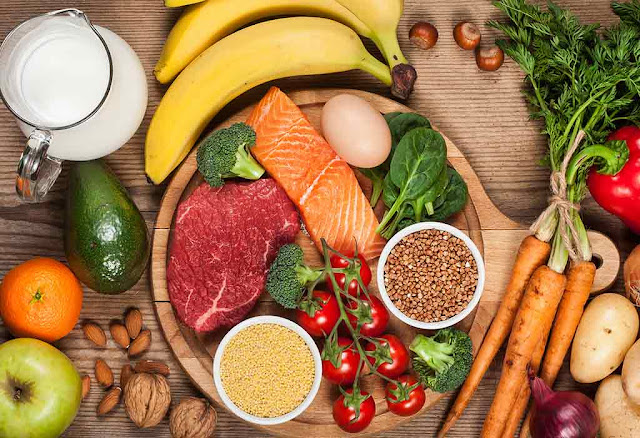"Fatty Liver and Organ Meats: Can You Safely Consume Chicken and Mutton Liver?"
If you have fatty liver disease, it is generally recommended to limit or avoid consuming chicken and mutton liver, as well as other organ meats. The liver is responsible for processing and metabolizing nutrients and consuming high amounts of liver from any animal can add an extra burden on an already compromised liver.
Here's why it's best to limit or avoid chicken and mutton liver if you have fatty liver disease:
High Cholesterol and Fat Content:
The liver, especially from animals like chicken and mutton, is rich in cholesterol and saturated fat. Excessive intake of these fats can contribute to elevated blood cholesterol levels and worsen fatty liver disease.
Vitamin A Toxicity:
The liver is also high in vitamin A, and consuming large quantities of liver regularly can lead to vitamin A toxicity, which may be harmful to the liver and other organs.
Purine Content:
The liver contains purines, which can be converted into uric acid. High uric acid levels may increase the risk of gout, a type of arthritis that can be associated with fatty liver disease.
Iron Overload:
Consuming large amounts of liver can lead to an excessive intake of iron, which may be problematic for individuals with certain liver conditions.
Instead of consuming large amounts of liver, focus on a balanced and varied diet that includes a wide range of nutrient-dense foods. Opt for lean proteins like skinless poultry, fish, legumes, and tofu. Include plenty of fruits, vegetables, whole grains, and healthy fats such as those found in nuts, seeds, and avocados.
If you enjoy the taste of liver and want to include it in your diet occasionally, it's essential to do so in moderation and consult with a healthcare professional or registered dietitian to determine what's best for your specific health condition.
As always, managing fatty liver disease requires a comprehensive approach, including dietary changes, regular exercise, and seeking guidance from healthcare professionals to support your liver health effectively.






Comments
Post a Comment